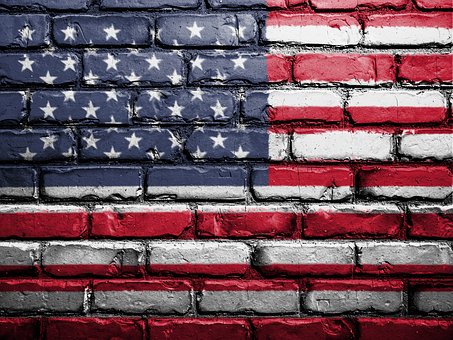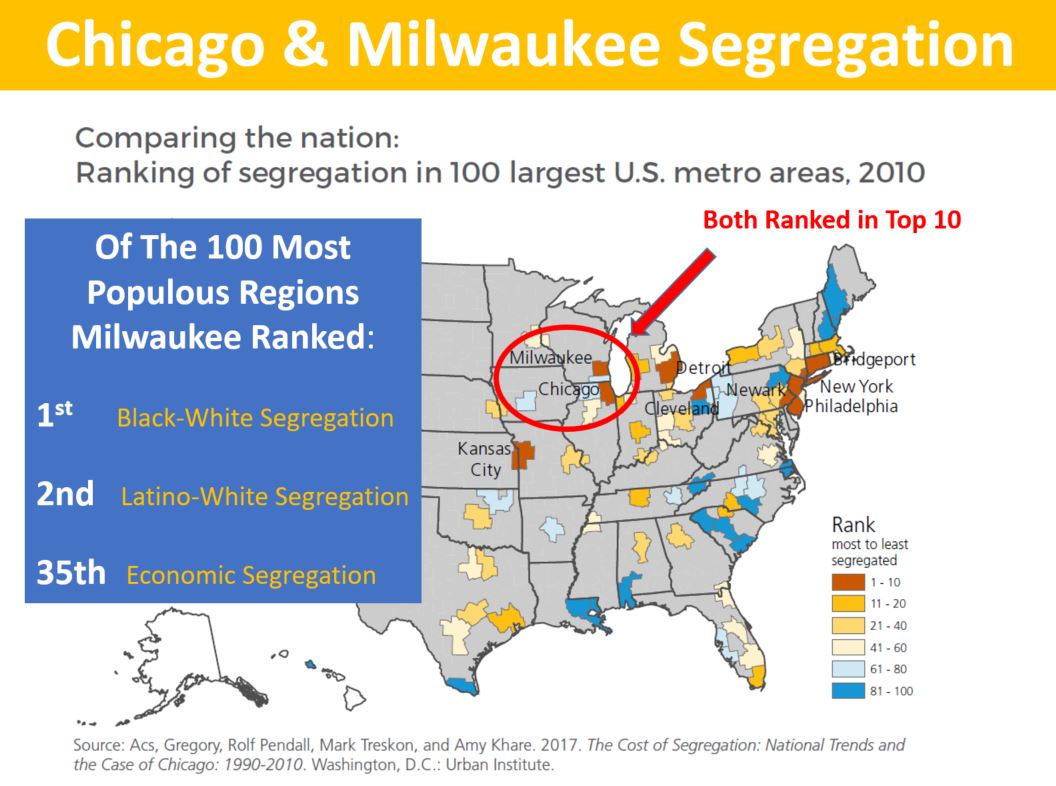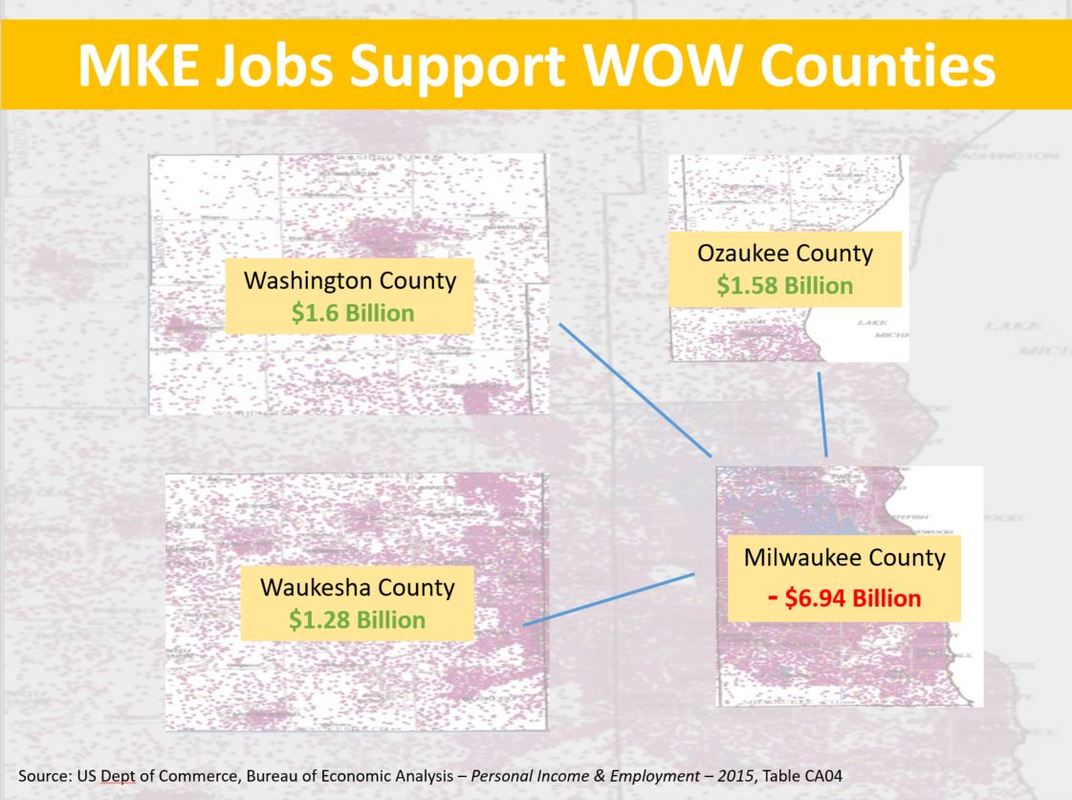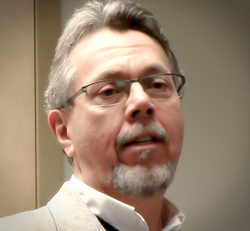"America never was America to me, and yet I swear this oath-- America will be!" For all who are struggling to make sense of the current debate about standing for the national anthem and saluting the flag, I suggest you read the 1935 poem of celebrated poet Langston Hughes.
This poem talks about an American ideal that – even in the 1930’s – was out of reach for the poor and the immigrants and all of those who struggle to survive in American society. I read and re-read this poem regularly. It speaks powerfully to me about the ideal that is America – and how far we have yet to go to achieve it and how valiantly we need to struggle to realize the American dream for all of society. In the words of Hughes: America never was America to me, and yet I swear this oath-- America will be! Let America Be America Again A Poem by Langston Hughes Let America be America again. Let it be the dream it used to be. Let it be the pioneer on the plain Seeking a home where he himself is free. (America never was America to me.) Let America be the dream the dreamers dreamed-- Let it be that great strong land of love Where never kings connive nor tyrants scheme That any man be crushed by one above. (It never was America to me.) O, let my land be a land where Liberty Is crowned with no false patriotic wreath, But opportunity is real, and life is free, Equality is in the air we breathe. (There's never been equality for me, Nor freedom in this "homeland of the free.") Say, who are you that mumbles in the dark? And who are you that draws your veil across the stars? I am the poor white, fooled and pushed apart, I am the Negro bearing slavery's scars. I am the red man driven from the land, I am the immigrant clutching the hope I seek-- And finding only the same old stupid plan Of dog eat dog, of mighty crush the weak. I am the young man, full of strength and hope, Tangled in that ancient endless chain Of profit, power, gain, of grab the land! Of grab the gold! Of grab the ways of satisfying need! Of work the men! Of take the pay! Of owning everything for one's own greed! I am the farmer, bondsman to the soil. I am the worker sold to the machine. I am the Negro, servant to you all. I am the people, humble, hungry, mean-- Hungry yet today despite the dream. Beaten yet today--O, Pioneers! I am the man who never got ahead, The poorest worker bartered through the years. Yet I'm the one who dreamt our basic dream In the Old World while still a serf of kings, Who dreamt a dream so strong, so brave, so true, That even yet its mighty daring sings In every brick and stone, in every furrow turned That's made America the land it has become. O, I'm the man who sailed those early seas In search of what I meant to be my home-- For I'm the one who left dark Ireland's shore, And Poland's plain, and England's grassy lea, And torn from Black Africa's strand I came To build a "homeland of the free." The free? Who said the free? Not me? Surely not me? The millions on relief today? The millions shot down when we strike? The millions who have nothing for our pay? For all the dreams we've dreamed And all the songs we've sung And all the hopes we've held And all the flags we've hung, The millions who have nothing for our pay-- Except the dream that's almost dead today. O, let America be America again-- The land that never has been yet-- And yet must be--the land where every man is free. The land that's mine--the poor man's, Indian's, Negro's, ME-- Who made America, Whose sweat and blood, whose faith and pain, Whose hand at the foundry, whose plow in the rain, Must bring back our mighty dream again. Sure, call me any ugly name you choose-- The steel of freedom does not stain. From those who live like leeches on the people's lives, We must take back our land again, America! O, yes, I say it plain, America never was America to me, And yet I swear this oath-- America will be! Out of the rack and ruin of our gangster death, The rape and rot of graft, and stealth, and lies, We, the people, must redeem The land, the mines, the plants, the rivers. The mountains and the endless plain-- All, all the stretch of these great green states-- And make America again!
0 Comments
Either we act out of fear and watch as another generation suffers the sins of racism and discrimination or, we act out of faith and a belief in generosity and abundance and watch as all prosper when discrimination is reduced. While accurate and poignant, the words in the six phrases below were written in 1979 – nearly 40 years ago – in a Pastoral Letter on Racism which was adopted at the time by the United States Catholic Bishops. These words ring as true today as they did when originally written during generations past.
I’ve written before on the sins of discrimination in our region and don’t need to go into it again here. What I do want to talk about is what would the region look like if we were to eradicate discrimination and racism? A recent study by the Chicago Metropolitan Planning Council looked at the Cost of Segregation which if reversed in the Chicago region, would save hundreds of lives and billions of dollars – each year. What we see in this particular study is that Chicago and Milwaukee are quite similar. Both are ranked in the top five metro areas in terms of racial and economic segregation. The following numbers reflect savings in the Chicago region based upon the study, but we must assume that the Milwaukee region would reap similar benefits if the regional gap between white and African-American economic segregation was brought down to the national median. Savings would include:
What this and many other studies shows is that when racial and economic discrimination is reduced (or eliminated) everyone benefits. The region as a whole would realize increased income, saved lives and see new opportunities open up. We have built racial and economic discrimination into our institutional structures out of fear. Yet, if discrimination was reduced, everyone would be better off. So, why don’t we do this? Why do we see a 40-year-old document describe the effects of discrimination so accurately that it could have been written today? I believe we do so because of a false sense of scarcity. We have completely bought into the idea that our economy thrives on a zero-sum equation: if someone else “wins” - I will “lose”. And it is this sense of win-lose that drives us to support the subtle racism inherent in our institutions and to ignore the pleas and plans of many to end discrimination. In the gospel stories, Jesus wanted to feed the crowd of thousands with the food that was on hand. His followers saw only scarcity in the five loaves and two fishes they found. Jesus had another idea. He saw the world as one of generosity and abundance. He asked all to sit and to share what was available. All were fed and 12 baskets were filled with the leftovers. I think this analogy holds true about eliminating discrimination. Either we act out of fear and watch as another generation suffers the sins of racism and discrimination or, we act out of faith and a belief in generosity and abundance and watch as all prosper when discrimination is reduced. That is the choice in front of us. Which do you choose? Milwaukee houses the region’s poor and enriches the pocketbooks of the region's workers. Rather than being denigrated, Milwaukee should be celebrated for its generosity of spirit. Milwaukee is much maligned by politicians who aren’t from here; by pundits who think they can make a name for themselves denigrating the city; by suburban residents who fear and don’t understand the city and sometimes by the city’s own residents. Milwaukee is in some ways an enigma. It is a city that opens its arms and houses the vast majority of low income families from within the region and yet, it is a city that pumps out Billions of dollars on an annual basis in support of the very suburban communities that turn their backs on Milwaukee’s needs; exhorting the city to solve its own problems.
Here is but one glaring example: In January of 2016, state representative Bob Gannon issued a press release stating that “Milwaukee…is the anchor holding back the ship of state as far as jobs is concerned.” In this press statement released to the Wheeler Report Gannon went on to say, “The state’s economic numbers… would certainly be significantly improved if only our largest city would clean up the murder and mayhem on their streets.” This seems to be a “dog whistle” way of saying that the black residents of Milwaukee are holding back the economic development goals of the state because most of the violent crimes in the city are black on black crimes. The idea that Wisconsin ranks 33rd in the nation in job growth; has lost manufacturing jobs during the same period that the state spent more than $300 Million on tax credits for manufacturers; and has seen wages decline all because of the violence in the city of Milwaukee is scapegoating at its worst. Gannon isn’t the only Wisconsin elected official to brow beat the city of Milwaukee. In fact, UW Madison professor Katherine Cramer wrote an entire book on the Politics of Resentment in Wisconsin, documenting the fear and distrust small town and rural populations feel towards their big city counter parts and how unscrupulous politicians exploit those fears in order to advance their own careers. Milwaukee is a wonderful city, but it is not without its problems. However, from my perspective many of the problems of Milwaukee are rooted in the sins of the region. As I have written before, the sins of racism and discrimination have packed 72% of the four-county region’s poor into the city of Milwaukee, while the sins of fear and greed have created structural barriers, stunting the progress and economic growth of entire populations of color. And, even with those barriers that have been deliberately erected and which have been in place for generations, the city of Milwaukee not only thrives, it feeds the economy of the region and the state. If we look at commuting trends across the region we find that 50% of Washington and Ozaukee county workers commute out of the county for work, while 38% of Waukesha County residents do the same. Where do they go? The likely answer is Milwaukee. This is no surprise because Milwaukee produces nearly 2,000 jobs per square mile while Washington County has 113 jobs and Waukesha County has less than 400 jobs per square mile. The most telling data comes from the United States Department of Commerce, Bureau of Economic Analysis. Here we find that Milwaukee jobs subsidize the incomes and lifestyles of the surrounding communities, to the amount of nearly $7 Billion annually. That is money leaving Milwaukee and going back to those counties whose employees commute to work. This is money used to support the housing, schools, and amenities of suburban communities. This is money used to fund the retirement and health care of an aging suburban population. In many ways, Milwaukee embodies the gospel call to treat others as we would like to be treated. Milwaukee houses the region’s poor and enriches the pocketbooks of the region's workers. Rather than being denigrated, Milwaukee should be celebrated for its generosity of spirit. |
AuthorMichael Soika has been a community activist for more than 30 years working on issues of social and economic justice. His work for justice is anchored by his spiritual formation first as a Catholic and now as a Quaker. Archives
June 2018
Categories |




 RSS Feed
RSS Feed